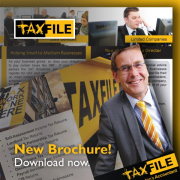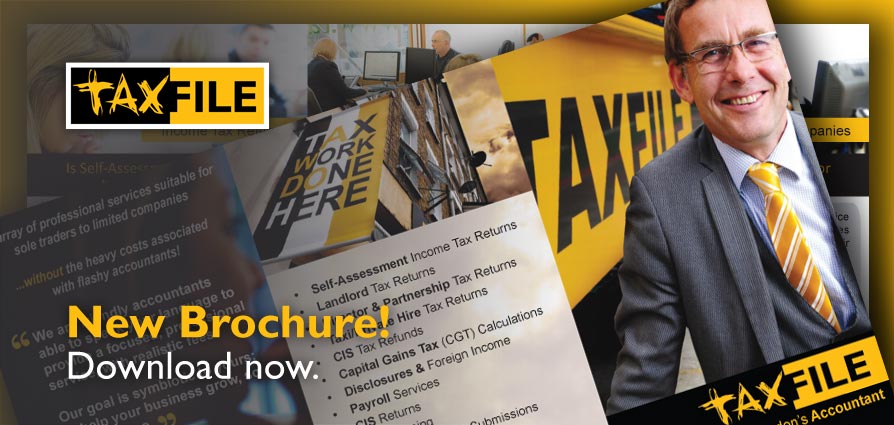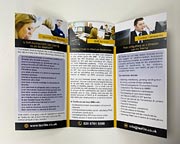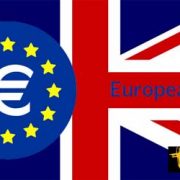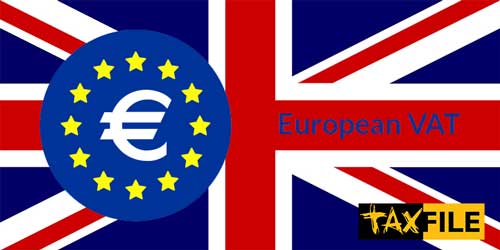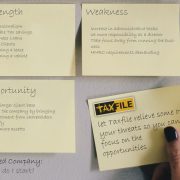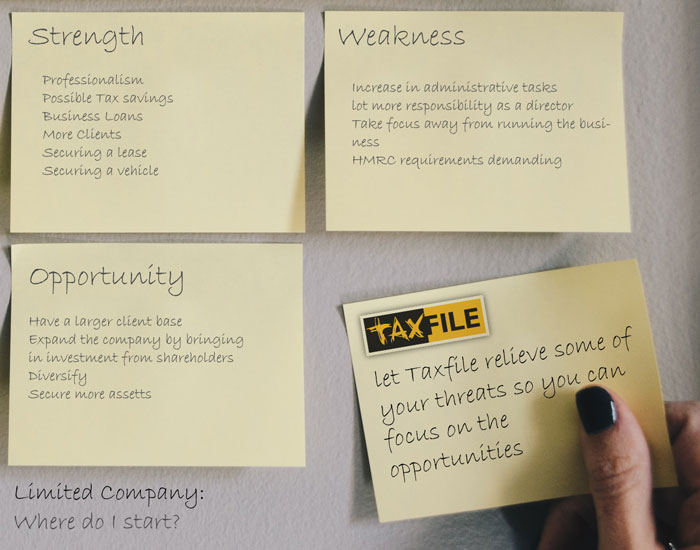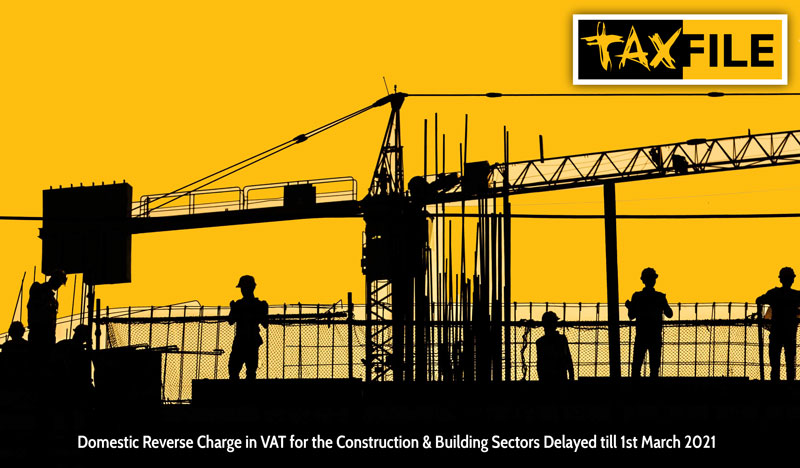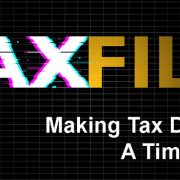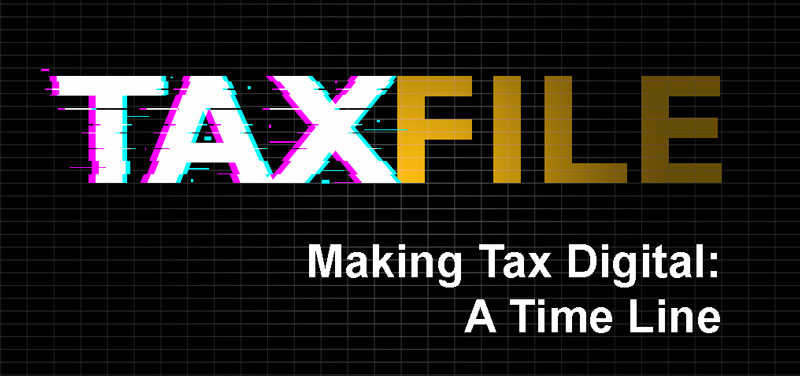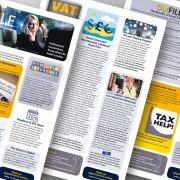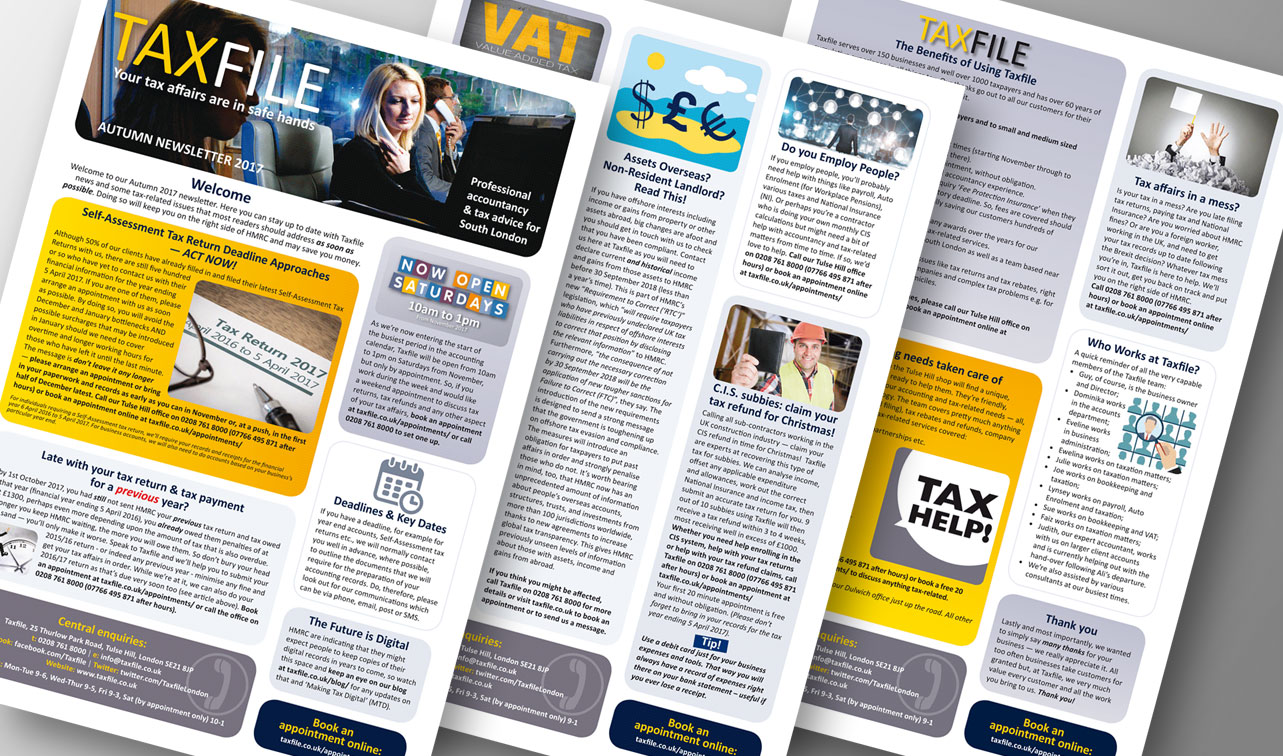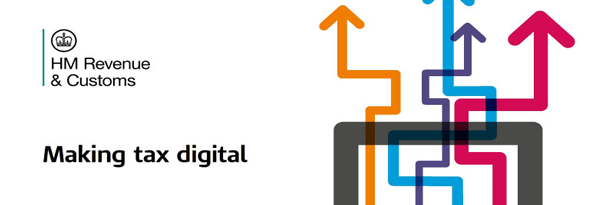
From 1st of April 2019 HMRC’s VAT Notice 700/22 will come into effect; Making Tax Digital (MTD) for Value Added Tax (VAT). The MTD initiative is believed to benefit HMRC on two levels.
It will help to ensure the correct VAT is being paid to HMRC, & seeing that VAT accounts for the highest unpaid tax in the UK (35%), the government has estimated that it will generate £610M in 2020-21 from eliminating erroneous returns.
The MTD initiative will also save HMRC money as it will no longer have the cost associated with maintaining the VAT portal where submissions are currently made, estimating a saving of £10M a year of taxpayers’ money.
HMRC’s long-term vision is to have one of the most digitally advanced tax administration systems in the world & they hope that by 2020 they will have MTD applied to all of UK’s taxation processes.
For this vision to be fulfilled it is believed that they will then strive to have all taxation data recorded in the Standard Audit File for Tax (SAF-T) format. Once this is achieved, HMRC will be able to undertake tax & VAT investigations frequently & randomly with very little cost, as it will free up resources from having to obtain & enter the data for analysis.
Being VAT registered means that your annual income equals or exceeds the current threshold value of £85,000.00. Currently, any business or individual registered for VAT, whether on a Flat Rate Scheme or on the Standard Rate, will from April 2019 need to prepare for the changes outlined by Notice 700/22.
When will it be applicable to me?
The 1st quarter of your VAT return that starts on, or after 1st April 2019.
Am I exempt from MTD?
Groups or individuals exempt from MTD include;
- those with religious beliefs that prevent them from using technology
- those going into insolvency
- those that it is reasonably impractical to do so (eg. geolocation, physical &/or mental disabilities – that prevent the use of technology)
What are my responsibilities?
You will need to ensure that all your transactions (expenses & sales) are individually recorded digitally with a MTD-compliant software. You still need physical &/or electronic copies of these records stored for at least 6 years. The MTD-compliant software is then used to calculate & submit your VAT returns.
What should my ‘digital’ data look like?
From April 2019 all digital record keeping will include;
- Business Name
- Business Address
- VAT Registration Number
- VAT Account Schemes
- Information about Supplies & Sales
All Supplies & Sales invoices should include;
- a Tax Point Date
- Sequential (alpha-)numerical labelling format
- Itemisation of services/goods
- NET amount clearly shown
- VAT rate & VAT amount clearly stated
Currently, the date, NET & VAT amount all need to be digitally stored for each-and-every-one of your transactions. It is also recommended that a digital upload of your bank feed is included to back the entries for both expenses & sales. VAT will then be calculated using these digital entries & submitted to HMRC via the compliant software used to record them.
View our latest MTDfVAT Newsletter HERE



